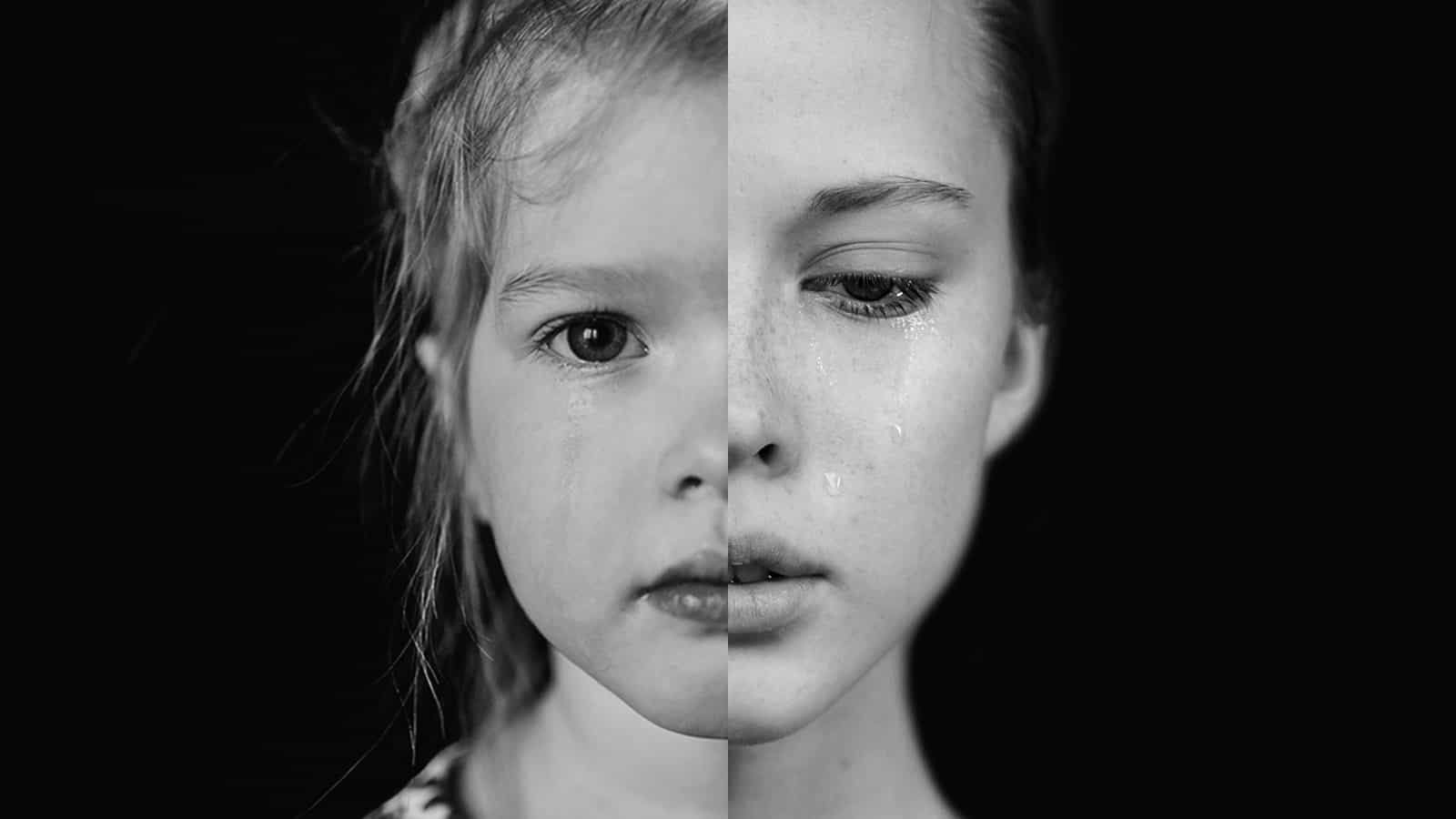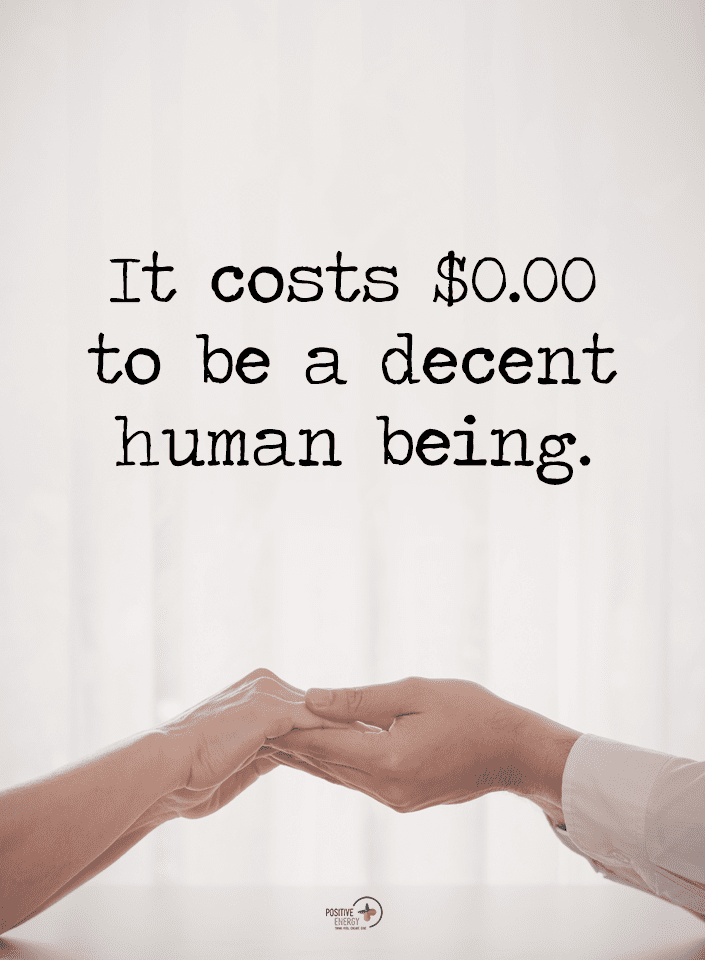Many adults carry emotional wounds into adulthood, a fact that shocks many.
The love of our parents is something society views as another of our “unalienable rights” as children. Society prefers to create the worldview that all parents love their children, know how to show that love and know the best way to parent each child. It assumes that each parent is a mature, responsible adult without any past emotional issues that affect their parenting.
Sadly, that is not often the case. Parents are human. They make mistakes. They have their views of the world and what proper parenting is. All parents have weaknesses and unresolved issues; some may struggle with mental illnesses, addictions, personality disorders, emotional wounds, or more.
The results from parents who struggle to maintain themselves – much less raise healthy members of the next generation – are children often left to manage independently. They must not only learn how to handle their parent but also how to socialize, handle their own emotions, form their view of the world, and adopt proper morals. A quote I read once from a psychologist stated, “Children are excellent observers, but horrible interpreters,” meaning they see everything but can’t make sense of it or have the wisdom to put it into perspective. Without someone to help you do that, your view of the world (and yourself) becomes skewed.
Women, generally the more emotionally-sensitive sex, carry their childhood emotions far longer than most men. This is not to say men don’t carry childhood wounds with them, but that they tend to approach them more pragmatically as they age. Women, however, carry the pain with them for many years. It affects all their relationships until they finally heal.
Emotional Wounds That Women Can Carry Into Adult Relationships as a Result of Poor Parents
Here are five emotional wounds women carry into relationships when they are unloved as children.
1. Attachment Issues:
A child raised with a parent who responds with love, support, and care will see relationships and attachments as good and safe. A child raised where the parent doesn’t show affection or is inconsistent in their availability for the child learns that “people can’t be trusted.” She is learning that relationships are not secure or consistent; they can change you quickly. For a child who needs emotional feedback and affection, this is devastating. She grows up constantly seeking this connection yet teaching herself to remain self-reliant. Relationships make her anxious and uncertain as she always expects rejection to come her way.
2. Trust Issues:
A child raised with a parent who makes themselves available and helps the child understand and resolve even simple problems becomes confident that others are there for her. A child raised with a parent who pushes them away must learn to handle things themselves; if that parent is absent, she often learns that she cannot trust others. She learns that people won’t protect her or help her and that relationships are unsafe.
3. Difficulty with Boundaries:
A balanced parent understands the importance of teaching their child that everyone deserves their own space and time; each individual is their being and has different needs that should be respected. An unbalanced parent doesn’t give their child enough space. She will treat the child as if only her needs matter. As that child grows, she values her independence and space more than average while feeling the need to please everyone. She also misinterprets others’ needs for space. She believes that others always reject her if they don’t want her around.
4. Dominated by Fear of Failure:
Parents should teach their children that failure is a typical setback, not a destination. An unbalanced parent may be hypercritical or punitive if certain expectations aren’t met. There are also situations where parents don’t give any attention unless things were done to their expectations. This leaves a child feeling undeserving of love or approval if she performs poorly.
5. Poor Sense of Self:
A parent should show consistent approval and attention to a child so that the child learns that she is lovable and sounds just like she is. An unhealthy, hypercritical parent who doesn’t give compliments or show affection is teaching the child to doubt that she is worthy of love and attention and must not do things right. Essentially, she feels defective.
Consequences of Childhood Emotional Wounds
These emotional wounds may show themselves in many ways. The results of these emotional wounds may differ depending on whether their mother or father caused them. Some wounds from inattentive fathers may show themselves as the following behaviors:
- More prone to depression: Many women have difficulty with romantic relationships due to poor relationships with their fathers. It severely affects their self-esteem and can lead to depression due to the sadness they don’t know how to handle.
- More prone to eating disorders: Daughters without a strong father figure are twice as likely to develop obesity. Essentially, they fill the void of emptiness with food. Others may become anorexic or bulimic. They think if they had been thin enough, “daddy would have loved me.”
- More prone to early sexual relationships: Many studies have shown that a girl lacking in her father’s affection is more likely to try to get a man’s approval through sexual relationships.
- More prone to addiction: Per the U.S. Department of Health and Human Services, a fatherless child is 69% more likely to use drugs and 76% more likely to commit crimes. A daughter is more likely to turn to drugs to numb the pain.
How to heal your unloved child within
It would be wonderful if we could go back into our past and recreate the loving childhood we dreamed of, where we could experience love, approval, and safety as so many others have. Instead, we are pushed to continue and make the best of it. Maybe that is the best way. After all, you wouldn’t be the person you are without going through your experiences. Your empathy, care, sensitivity, and resilience wouldn’t be the same. It is possible to heal from these past events and become a healthier, stronger you. Here are some steps to help you heal your unloved child within:
Write about your emotional wounds.
Tell your story. By writing, it allows you the opportunity to give it structure and organization – to remember complete events, not just the leftover emotions. It helps you to gain perspective. It also allows you to let the emotions out.
Look through old photographs.
Oftentimes we remember ourselves as the child we were told we were and not the reality. For example, a child who was told they were fat may be able to go back and see that they were actually about the same size as other children. A child who got emotional wounds by being told they were stupid may see old report cards where they received some A’s, some B’s, and an occasional C. This allows you to see your reality and become more aware of how this lie has created behaviors that have no base.
Re-evaluate your current relationships.
If you have a friendship or sexual relationship leaving you feeling bad about yourself, look at it. Look at what is drawing you to them. Are you just reinforcing your parent’s view of yourself through this other person? Do you have the strength to leave them? Do you tend to give more to others than you ask for in return? Maybe make a list of what you would like out the relationships and then step by step, bring them into more balance.
Accept the reality of your past and build new boundaries with your parents.
Taking control of your current relationship with your parents is as important as the others in your life. Make a list of where your parent’s/parents’ actions intrude upon your life painfully or unfairly. Then make a list of rules you can establish to change this. Granted, this is difficult and will bring up old pain from these emotional wounds. Taking back the control you didn’t have as a child with your parent(s) is therapeutic if done calmly but firmly. There is a push and pull as both of you will slip into old patterns, but it is possible. If possible, ensure you have a sound support system with you as well.
Final Thoughts on Healing Childhood Emotional Wounds
Healing the emotional wounds that you brought into your adult relationships from when you were unloved as a child is tough. You should remember that you already went through the toughest part, came alive and still fighting. It is possible to heal this hurt child and become the balanced and loving adult you deserve to have a happy life.
If you struggle with emotional wounds you carry into relationships, seek a counselor to help you move through these feelings. They can put things into perspective and help you have more self-esteem and confidence.


















